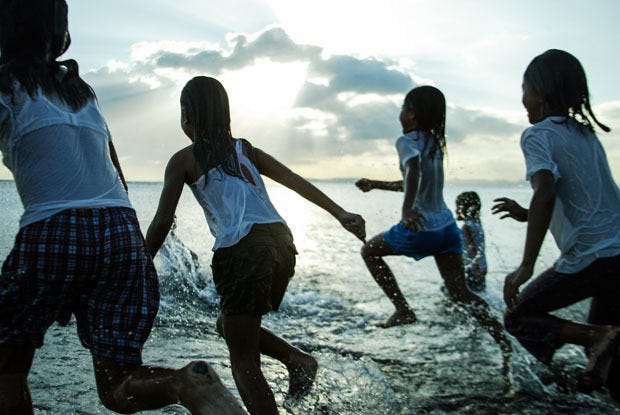Scathing Report on Child Victims of Filipino Drug War
Human Rights Watch says children of murdered victims of drug war face poverty, trauma

Children are the collateral damage of Philippine President Rodrigo Duterte’s murderous drug war, according to a searing 48-page report released today (May 27) by the New York-based NGO Human Rights Watch.
While dozens of children under the age of 18 have been shot either because they were targeted or shot inadvertently, the lives of hundreds more have be…
Keep reading with a 7-day free trial
Subscribe to Asia Sentinel to keep reading this post and get 7 days of free access to the full post archives.
